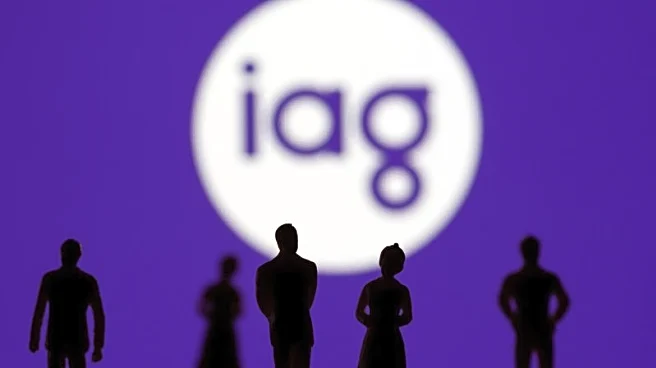What's Happening?
Meta Platforms Inc. has won a significant antitrust case against the Federal Trade Commission (FTC), which challenged its acquisitions of Instagram and WhatsApp. U.S. District Judge James Boasberg ruled
that the FTC did not prove that Meta holds a monopoly in the social networking market. The FTC argued that Meta maintained monopoly power by acquiring competitors, but the judge noted the rapidly changing social media landscape and the presence of strong competitors like TikTok. The ruling prevents the breakup of Meta, allowing it to retain Instagram and WhatsApp.
Why It's Important?
The decision is a major victory for Meta and a setback for the FTC's efforts to regulate tech giants and address antitrust concerns. It highlights the difficulties regulators face in proving monopoly power in fast-evolving markets. The ruling may influence future antitrust cases and the regulatory approach to competition in the tech industry. It also underscores the competitive pressures Meta faces from platforms like TikTok, which have reshaped the social media landscape.
What's Next?
The FTC is considering its options, including a possible appeal. The ruling may impact the likelihood of similar antitrust cases against other tech companies. Meta continues to face legal challenges, including a trial over social media's impact on young people, where CEO Mark Zuckerberg is expected to testify. The company will focus on maintaining its competitive position while navigating regulatory scrutiny.
Beyond the Headlines
The case raises questions about the effectiveness of current antitrust frameworks in addressing competition issues in the digital age. It highlights the role of acquisitions in tech companies' strategies to maintain market position and the potential impact on innovation and consumer choice. The ruling may influence how antitrust laws are applied to technology companies in dynamic markets.












